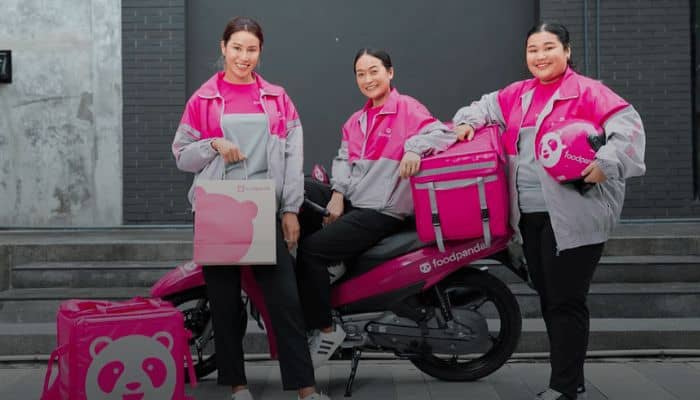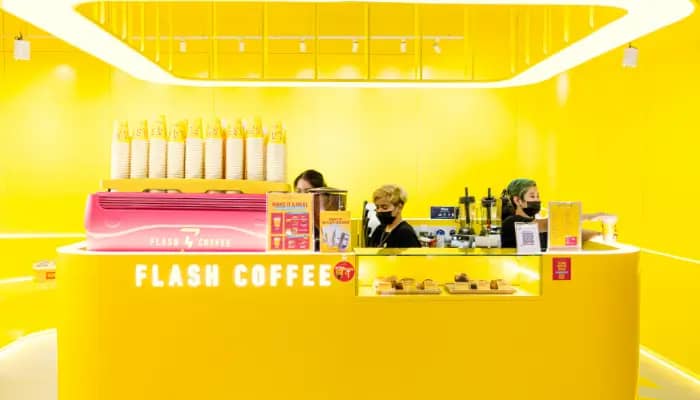Hong Kong – British food delivery platform Deliveroo is exiting the Hong Kong market after serving Hongkongers for over nine years. In a recent disclosure, Deliveroo has confirmed the market exit, and is selling several of its corporate assets to rival platform foodpanda, while the rest of the assets will be closed.
Deliveroo Hong Kong has nominated liquidators to manage the closure of the Hong Kong business and the remainder of its assets in the most efficient way possible. In a report from SCMP, Deliveroo has nominated Cosimo Borrelli and Kroll’s Jocelyn Chi to manage the closure of its business locally.
The platform noted that in 2024, Hong Kong represented 5% of Group GTV and had a 5 percentage point negative impact on International GTV growth.
“There are several dynamics specific to the Hong Kong market which led the Board to consider strategic options and, given the Group’s commitment to disciplined capital allocation, determine that it would not serve shareholders’ best interests to continue to operate in Hong Kong,” the company said in a press statement.
Meanwhile, Eric French, chief operating officer at Deliveroo, commented, “We want to thank all our employees, consumers, riders and restaurant and grocery partners who have been involved in our operations in Hong Kong. We have been proud to serve so many people such amazing food over the past nine years.”
Deliveroo Hong Kong will remain live up until April 7 this year.
Meanwhile, Delivery Hero, foodpanda’s parent company, has confirmed that it is acquiring select assets from Deliveroo.
Following this, Deliveroo customers and couriers in Hong Kong will be redirected, and certain vendors will be onboarded to the foodpanda platform. This will expand foodpanda’s offering, providing customers with access to a broader selection of restaurants and grocery businesses, including some previously only available on the Deliveroo platform. Vendors will also benefit from access to a larger customer base.
“Delivery Hero’s decision to further invest in Hong Kong reflects its commitment to maintain a sustainable delivery ecosystem that provides the best value for its foodpanda customers, couriers, and business partners,” the parent company said.
Competition in the food delivery space in APAC continues to be demanding, with Uber recently showing interest to buy foodpanda’s Taiwan business for $950m, only to be blocked by the country’s competition watchdog. On another note, there were several media reports as well that Grab is reportedly acquiring rival Indonesian platform GoTo, to which the latter has denied.






